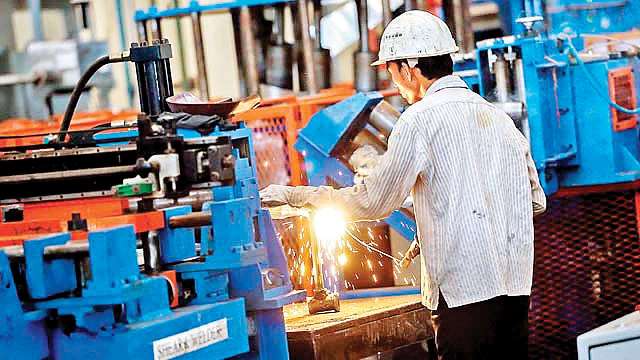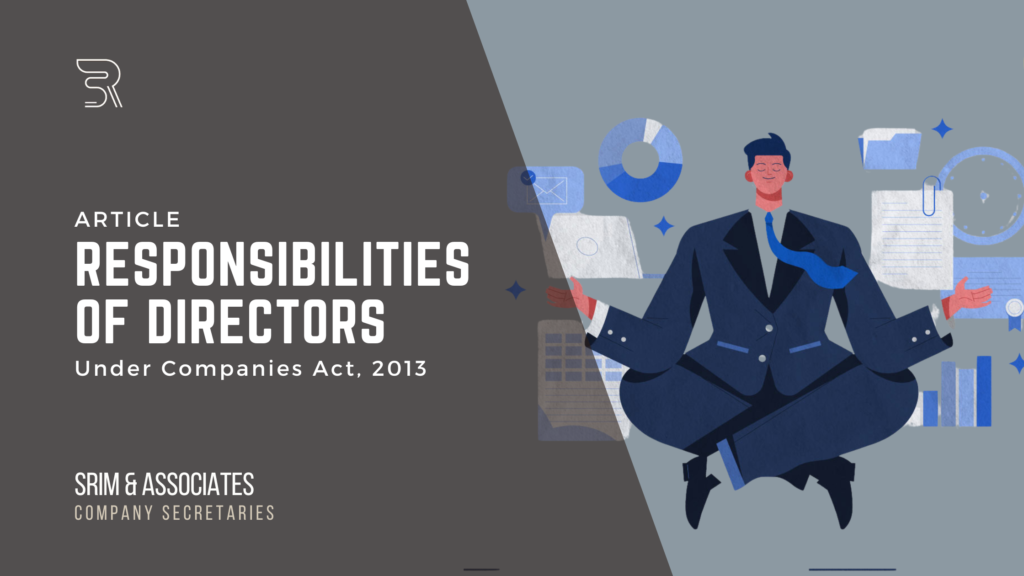
Micro, Small and Medium Enterprises (MSMEs) are the backbone of Indian economy, contributing more than 45% of the country’s manufacturing output, and despite their significance, they still face numerous challenges in achieving quality standards while minimizing environmental impact.
Hon’ble Prime Minister Shri Narendra Modi has emphasized on India’s 68th Independence Day has laid down the vision for Indian MSMEs by saying “We should manufacture goods in such a way that they carry zero defect and that our exported goods are never returned to us. We should manufacture goods with zero effect that they should not have a negative impact on the environment.”
The Zero Defect Zero Effect (ZED) Certification is a holistic framework launched by the Government of India aimed at enhancing the quality, competitiveness, and sustainability of Micro, Small, and Medium Enterprises (MSMEs).

CONCEPT OF ZED CERTIFICATION:
The “Zero Defect” and “Zero Effect” (ZED) initiative aims to ensure that products manufactured in India are of high quality and have no defects (“Zero Defect“) and that the manufacturing process has no adverse impact on the environment (“Zero Effect“). This initiative is part of the broader “Make in India” campaign to make India a global manufacturing hub by promoting sustainable and high-quality production practices.
To achieve ZED certification, MSMEs undergo a thorough assessment process that evaluates various operational and organizational parameters. The certification is structured into three levels: Bronze, Silver, and Gold, based on a weighted average score derived from defined performance indicators. Each level reflects the enterprise’s commitment to quality and sustainability, with ratings valid for four years. This structured rating system incentivizes continuous improvement among MSMEs, encouraging them to strive for higher standards of excellence.
The Government introduced the implementation of ZED scheme in two phases. Phase 1 is focused on Manufacturing MSMEs whereas Phase 2 extends the focus to Service Sector MSMEs.
"Quality and sustainability are not choices but necessities for MSMEs to thrive in the global market"
ZED CERTIFICATION LEVELS:
The ZED Certification is offered in three levels, each representing a higher standard of excellence:
|
S. No |
Certification Level |
Assessment Parameters |
|
1. |
Bronze Level |
1. Leadership 2. Swachh Workplace 3. Occupational (Workplace) Safety 4. Measurement of Timely Delivery 5. Quality Management |
|
2. |
Silver Level |
In addition to Bronze: 1. Human Resource Management 2. Daily Works Management 3. Planned Maintenance & Calibration 4. Process Control 5. Product Quality & Safety (Testing/Certification) 6. Material Management 7. Energy Management 8. Environment Management 9. Measurement and Analysis |
|
3. |
Gold Level |
In addition to Silver: 1. Supply Chain Management 2. Risk Management 3. Waste Management (Muda, Mura, Muri) 4. Technology Selection & Upgradation 5. Natural Resource Conservation 6. Corporate Social Responsibility |
BENEFITS OF ZED CERTIFICATION:
- Opens the doors for obtaining financial assistance from Banks and financial institutions at competitive rates.
- Multiple subsidies are offered for ZED certified MSMEs, including for capacity expansion and land allocation.
- MSMEs with bronze or higher-level certification can obtain handholding and support from the government and other agencies, which provide guidance and mentorship to improve their performance.
- ZED Certification motivates the MSMEs to adopt more sustainable practices, by keeping higher standards for higher level certification.
- It encourages certified MSMEs to adopt environmentally friendly and socially responsible practices such as promoting best labour practices, producing in an eco-friendly way, implementing recycling practices etc.
- MSMEs can receive training and capacity building support to improve their skills and for adopting new technologies and innovations in their field.
- Acts as a proof that the products meet with international standards thereby aids in global reach of our Indian products.
- Acts as a Quality Assurance Certificate for our products and helps in easy identification for our customers and stakeholders.
- Enhances the Reputation and Social Image of MSME.
- The Government has also made plans to provide funding to ZED Certified MSMEs to obtain International Certifications to enhance their global presence.
CHALLENGES IN ZED IMPLEMENTATION:
- MSMEs to be ZED certified, need to upgrade their equipment, operations, and procedures to required standards which may create a financial burden to them.
- MSMEs mostly being unorganized, should prepare themselves to restructure their operational process, and procedures at unit and organisational level.
- In addition to that, Skilled personnel are to be recruited and training programmes have to be conducted at every level in the Organisation to adopt the changes.
- Change in focus of organisation towards quality and sustainability.
- Integration of ideas may seem difficult.
Conclusion
In conclusion, the ZED Certification Scheme is a great initiative by the Government of India to promote quality, productivity, and sustainability among Micro, Small, and Medium Enterprises (MSMEs). ZED certification also makes the products more aspirational for the end consumers. By adopting the ZED principles, MSMEs can overcome their challenges, achieve sustainable growth, and enhance their global competitiveness.
While there are challenges in implementing ZED certification, the benefits far outweigh the costs. As the Indian economy continues to grow, the ZED Certification Scheme will help to play a critical role in MSME growth.
"ZED Certification is a game-changer, enabling MSMEs to compete globally with superior quality and responsible manufacturing."
Disclaimer:
The content of this article is intended for informational purposes only and should not be construed as professional advice. While we strive to ensure the accuracy and reliability of the information provided, we make no warranties or representations regarding its completeness or applicability. Readers are encouraged to seek professional guidance tailored to their specific circumstances. The views and opinions expressed in the article are those of the author and do not necessarily reflect the official policy or position of our organization.




